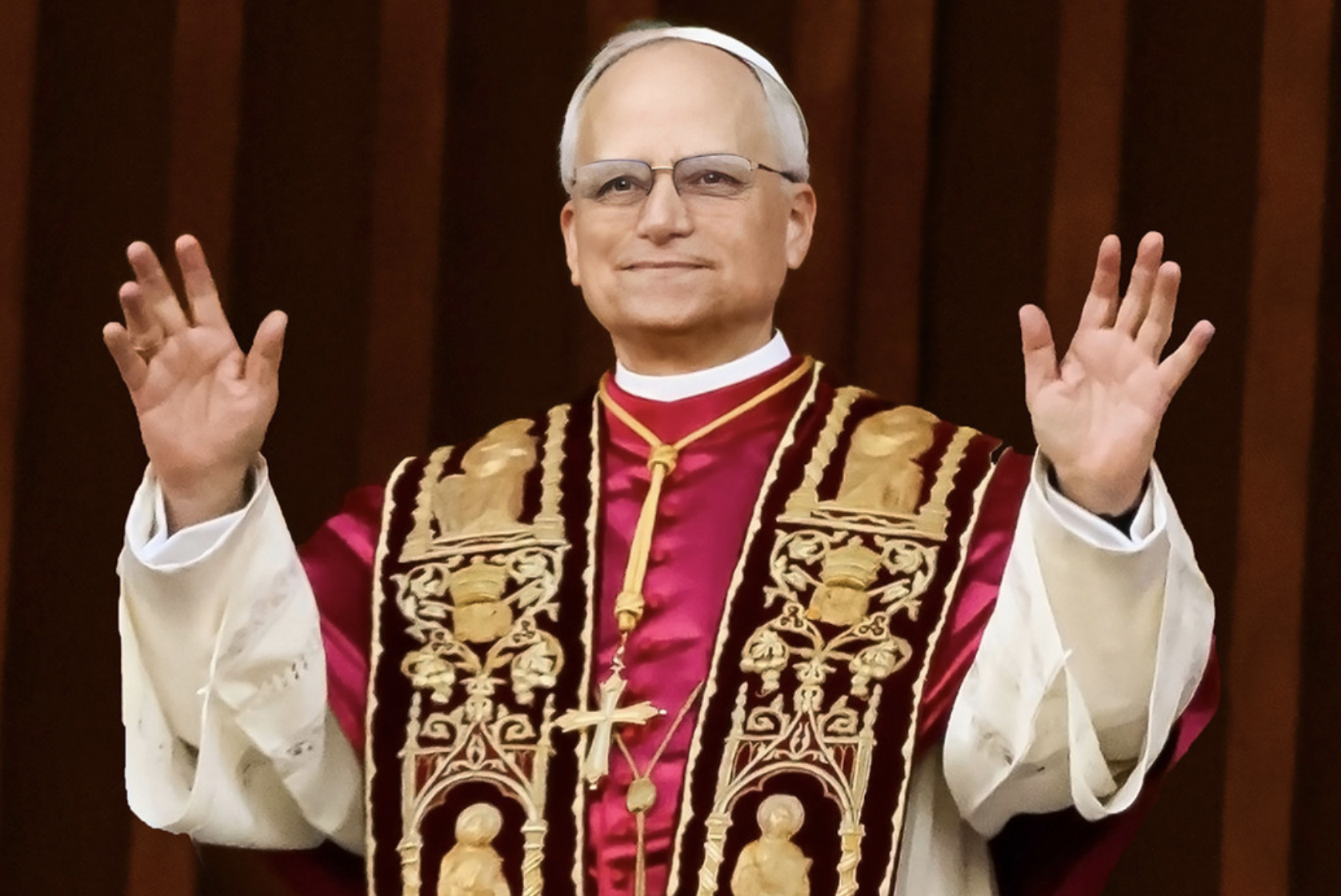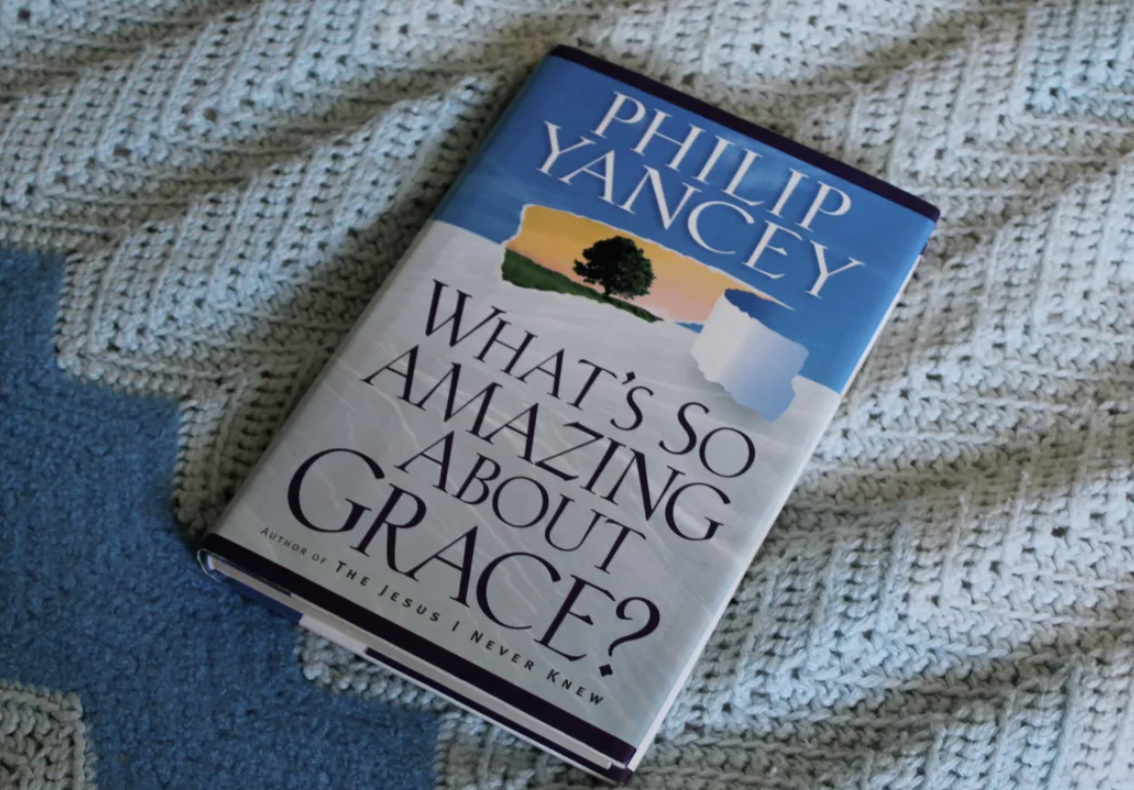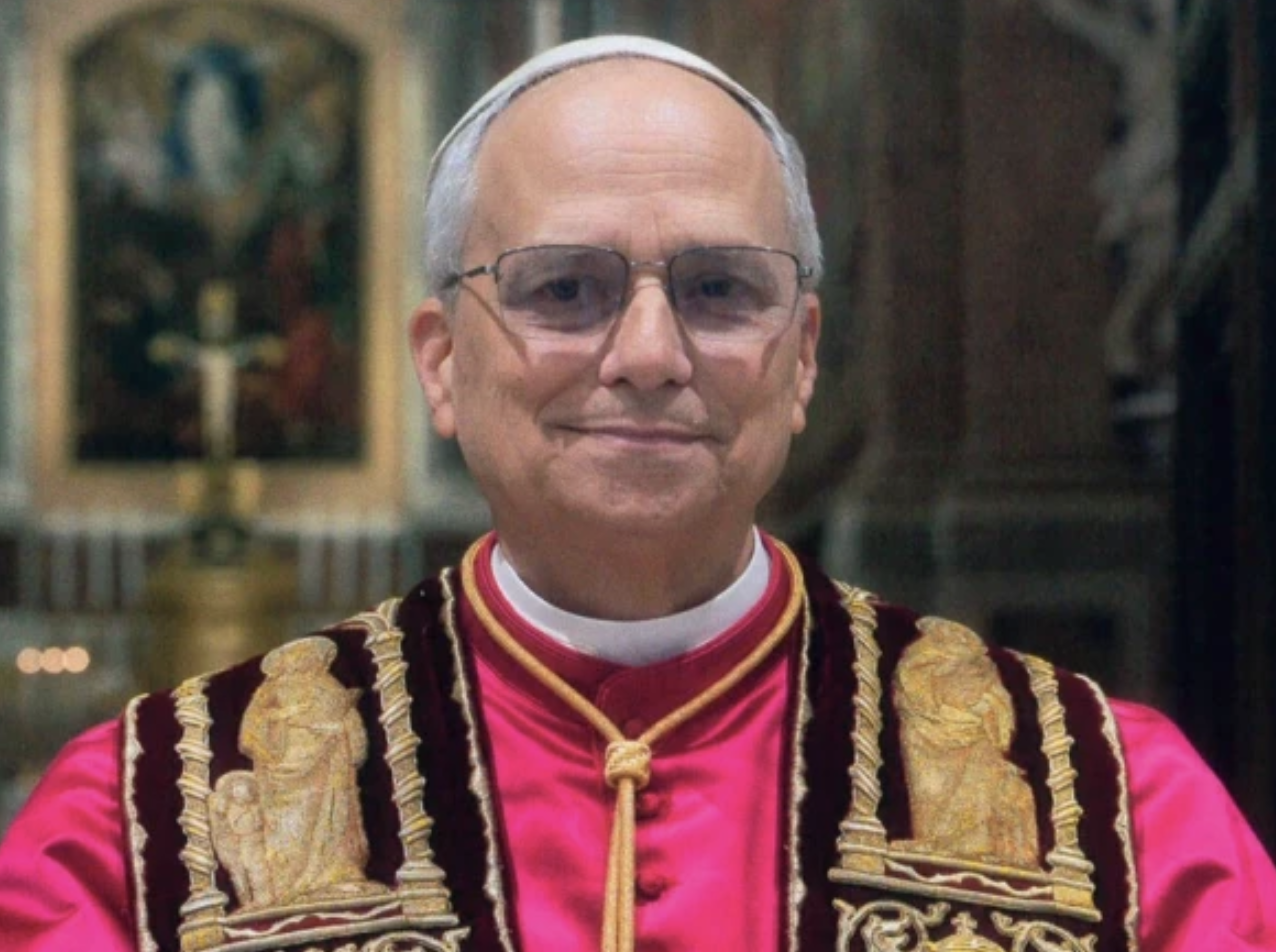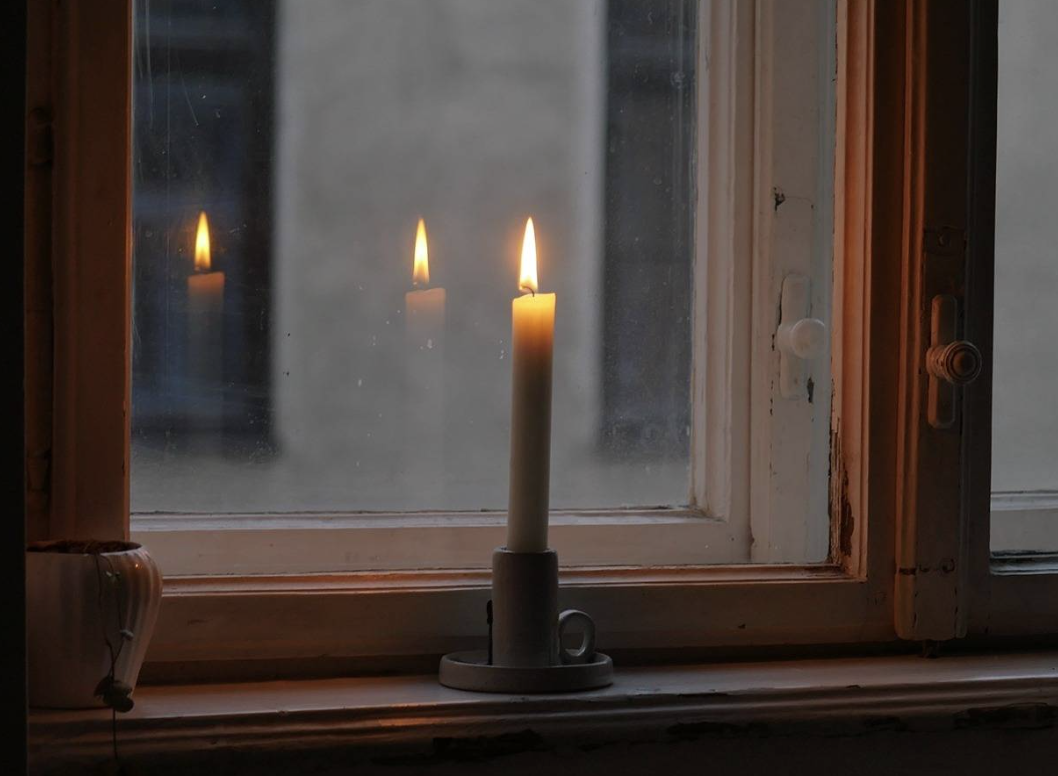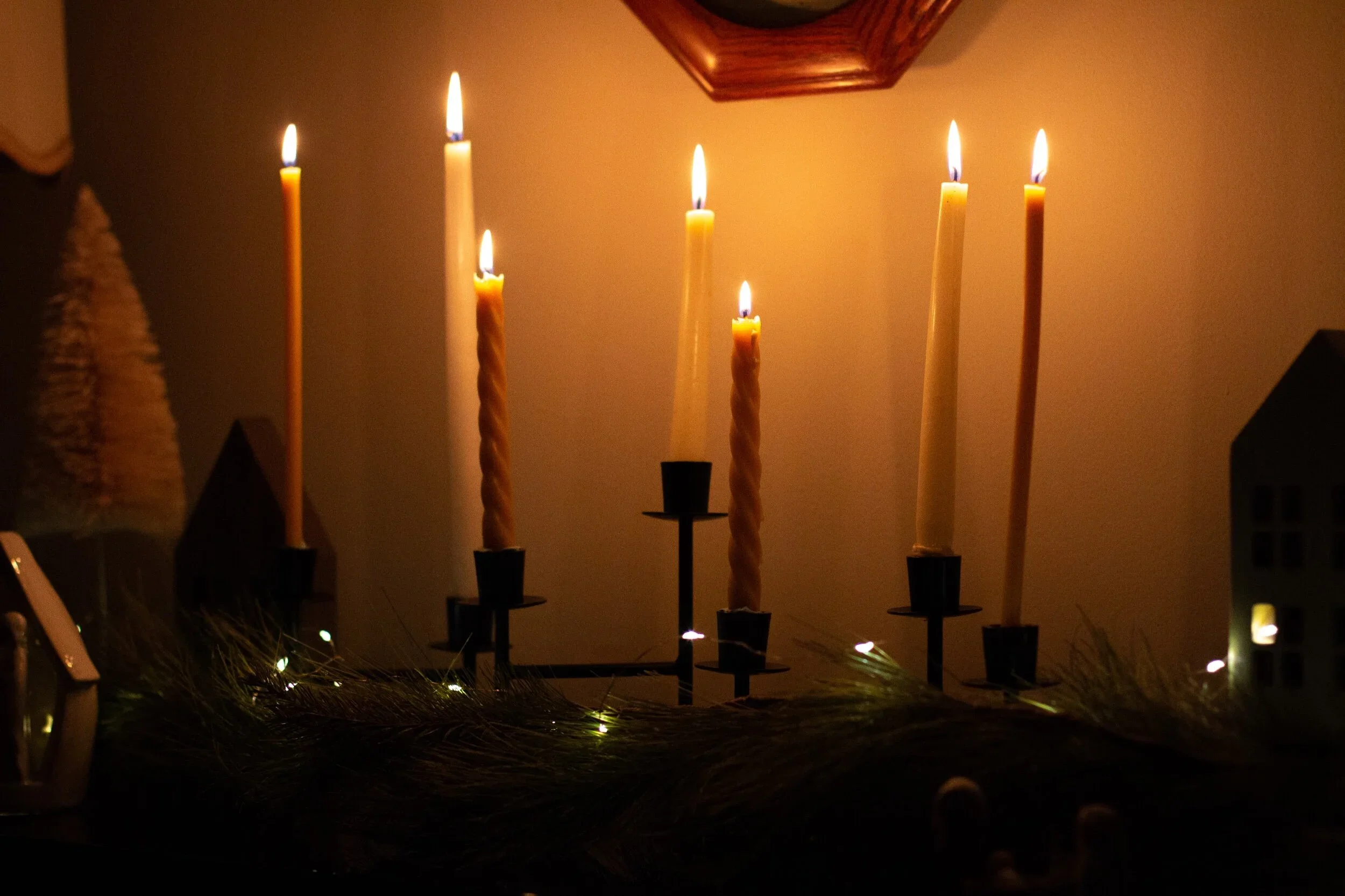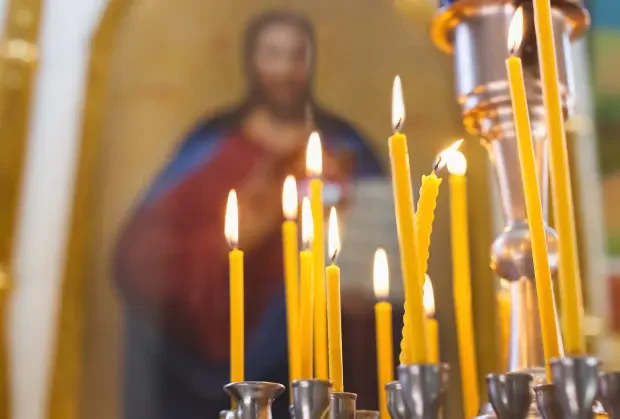After a year in which 8 million Christians faced persecution, activists with the Netherlands-based Open Door network released a report claiming that 3,490 Christians were killed in Nigeria, out of 4,849 worldwide.
While the Holy See has remained cautious on this issue, Pope Leo XIV made his concerns clear when facing the Vatican diplomatic corps.
"It cannot be overlooked that the persecution of Christians remains one of the most widespread human rights crises today," he said, in a January 9 address. "This phenomenon impinges on approximately one in seven Christians globally. … Sadly, all of this demonstrates that religious freedom is considered in many contexts more as a 'privilege' or concession than a fundamental human right.
"Here, I would especially call to mind the many victims of violence, including religiously motivated violence in Bangladesh, in the Sahel region and in Nigeria, as well as those of the serious terrorist attack last June on the parish of Saint Elias in Damascus."
In a wide-ranging address that avoided criticizing specific governments, Pope Leo linked Catholic moral teachings to the rights of migrants, prisoners, noncombatants, the poor and the unborn, while also opposing what he called "a diplomacy based on force." He bluntly warned: "War is back in vogue and a zeal for war is spreading."
The pope also addressed forms of discrimination and even persecution based on efforts to undercut core human rights, such as religious liberty and freedom of speech. This is even happening, he said, in countries where Christians "are in the majority, such as in Europe or the Americas," where believers are "sometimes restricted in their ability to proclaim the truths of the Gospel for political or ideological reasons."


